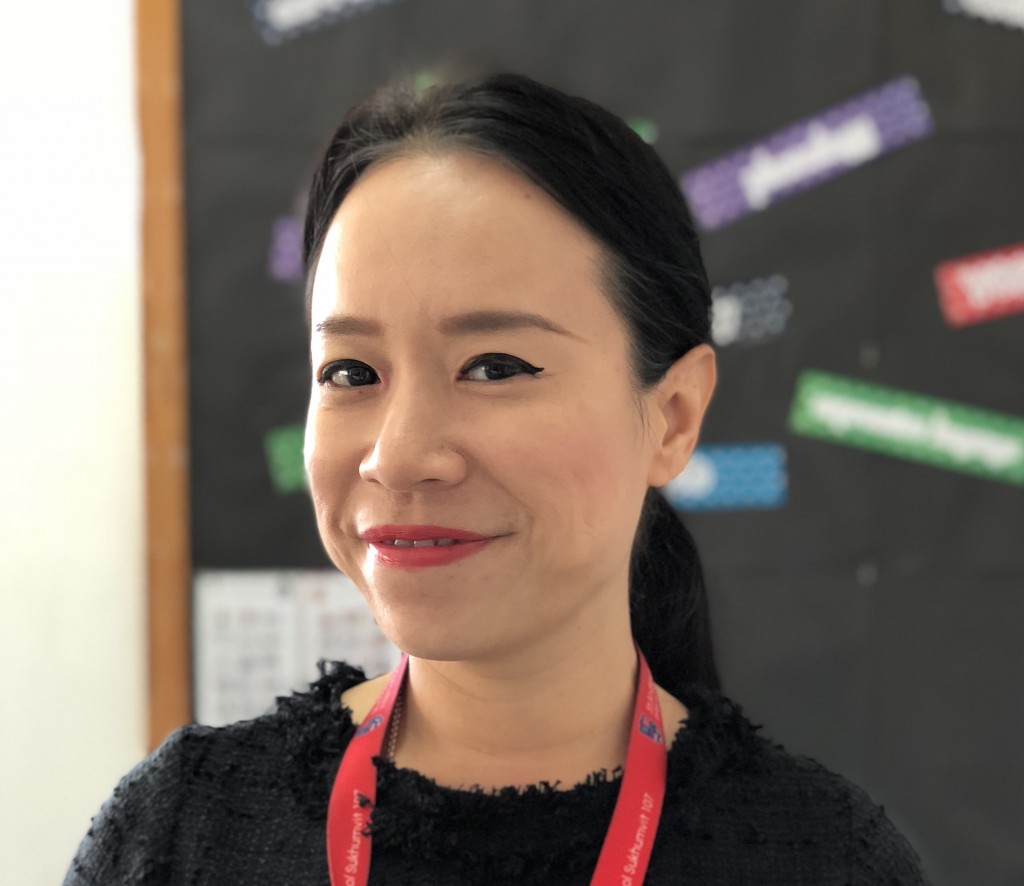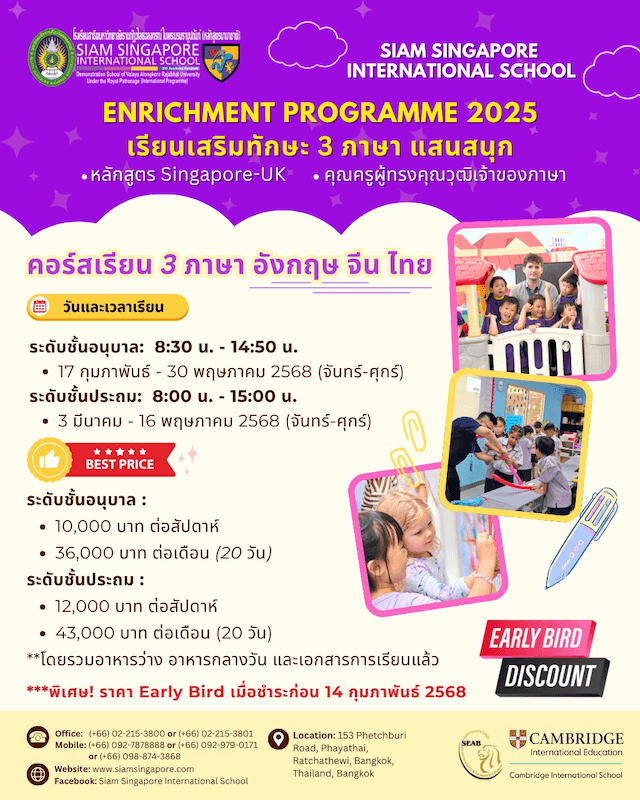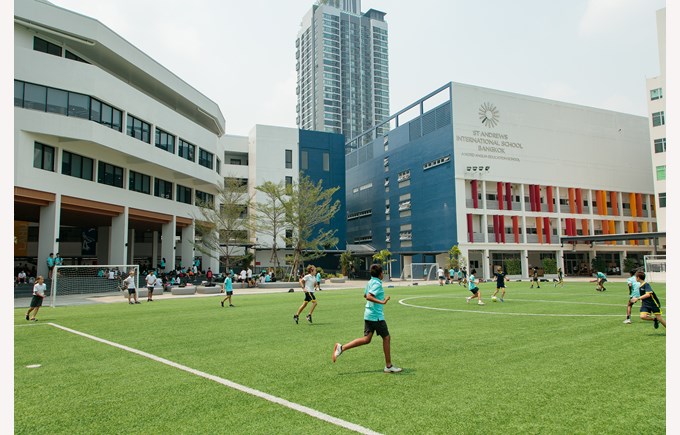Your Name: Ann Nitha Ungsuprasert
Job Title: Speech Language Pathologist/ Assistive Technologist Specialist and Certified Autism Specialist
What is your nationality and background? Thai/Australian
What is your profession? Speech Language Pathologist/ Assistive Technologist Specialist and Certified Autism Specialist
What are the key skills and responsibilities of this role?
I diagnose and provide treatment for people with communication disorders, including difficulties with speaking, listening, understanding language, reading, writing (literacy), social skills, stuttering and using voice. I work with both children and adults who have difficulty communicating because of developmental delays, stroke, brain injuries, learning differences (i.e. dyslexia), intellectual disability (e.g. down syndrome), cerebral palsy, dementia and hearing loss, as well as other problems that can affect speech and language. I also provide Augmentative Alternative Communication (AAC) assessment and intervention for people who may not be able to use their voice to communicate, for example, technology that gave Stephen Hawking his voice (Text-To-Speech Device). People who experience difficulties swallowing food and drink safely can also be helped by a speech pathologist.
How did you get involved in your profession?
I initially worked as a nutritionist in geriatric and head & neck cancer wards at St Vincent’s Hospital in Sydney and became friend with a speech pathologist who inspires me to become one so instead of doing my postgrad as a dietitian I enrolled in a Speech Language Pathology degree and transitioned to my second healthcare career from there.
How does your role enhance the wellbeing or experience of children?
Speech, Language, Communication and Interaction skills are fundamental and foundational of our life. They enable us to understand and to be understood. As communication and interaction skills play a crucial role in our development, our ability to form relationships, our educational achievement, social interaction, and life chances. My intervention plan is always looking at supporting both the student’s communication and educational achievement (especially important for those children who are having potential problems managing their social, emotional and behaviour at school). This can have positive impact on their wellbeing and mental health both at school and in their community.
What challenges do your face in this role?
Speech Language Pathologist is a very new field of work in Thailand so it is very common that other professionals do not understand what we do and what my role is in school and how I can help the students (even in Australia, too). So I have to continually educate others on what it is that speech and language pathologists do for the children we care for.
What do you hope to achieve within your industry?
For children with speech and language difficulties in Bangkok to have access to high quality and affordable early speech and language intervention in Bangkok as it is a critical period. This can ensure better results from social integration to impulse control to academic performance leads to better overall outcomes.
When I say early intervention, it is not necessarily mean therapy for younger children aged 0-6, but it is about providing early intervention and prevention, for example, if the student is going through a transition from a primary to a secondary school and we know that he/she may experience some difficulties with language or social skills, then we get in there and provide intervention at that point to prevent any problem rather than wait for the problems to occur then trying to solve them later on. Early Intervention and Prevention is a research based and cost effective way to provide intervention.
Who or what inspires you?
The children I work with continue to inspire me on a daily basis, whether it is when they can say a new sound, construct long sentences, tell a cohesive story, use their communication device, follow their teacher’s instructions, understand nonverbal social cues, speak without stuttering, have courage to present in front of their classroom.
Only a Bangkok local would know… The best place to get a massage for an office syndrome is at the Medical Development Clinic in Rama IV, and you don’t have to be brave to drive in Bangkok.
For more information, please contact Ann at nitha.ung@hotmail.com or click on this listing.
Register your email address here and we’ll notify you when new articles get uploaded.














